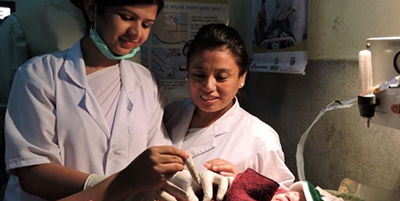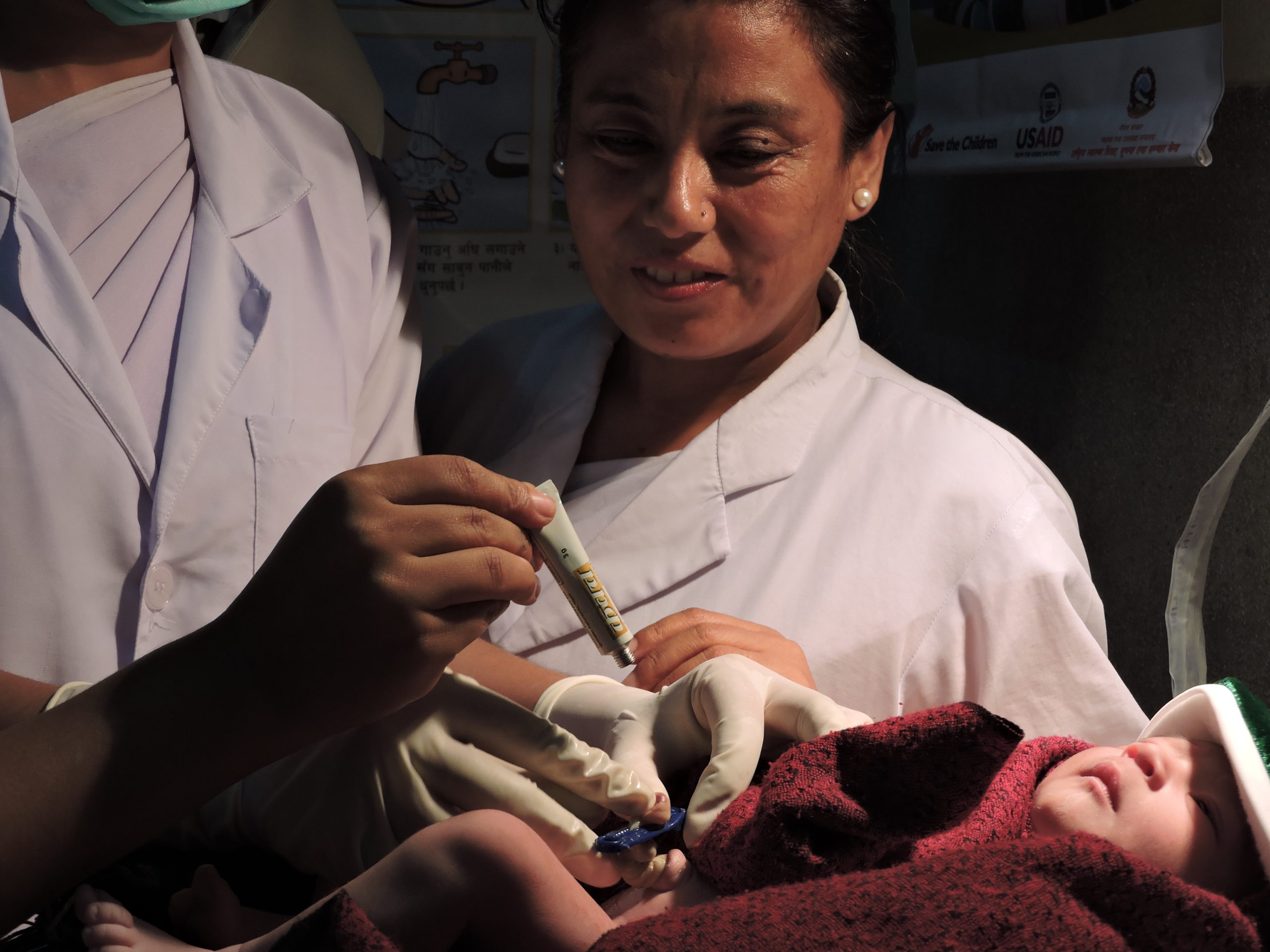
Extending the reach of private health initiatives beyond the pill
By Pratik Doshi, Research Assistant, Duke Global Health Innovation Center, MD Candidate at Duke University School of Medicine Joy Bhosai, Associate Director, Innovations in Healthcare and Duke Global Health Innovation Center Elina Urli Hodges, Assistant Director of Programs, Innovations in Healthcare and Duke Global Health Innovation Center Krishna Udayakumar, Executive Director, Innovations in HealthcareDirector, Duke Global Health Innovation Center Following a 2008 UN General Assembly call for human rights responsibilities from the pharmaceutical industry, low- and middle-income countries (LMICs) have benefited from an expansion of access to essential medicines. In 2015, the Sustainable Development Goals (SDGs) echoed this call in SDG Goal 3, which aims to ensure healthy lives and well-being for all people. While measurement and evaluation systems have accompanied many public-sector health programs, significant gaps remain in measuring the outcomes of private global…




